Self-discovery on the road: Why so many upcoming games are taking us on road trips
Dustborn, Forever Ago, and Road 96: Why games are sending us on road trips in 2021 and beyond
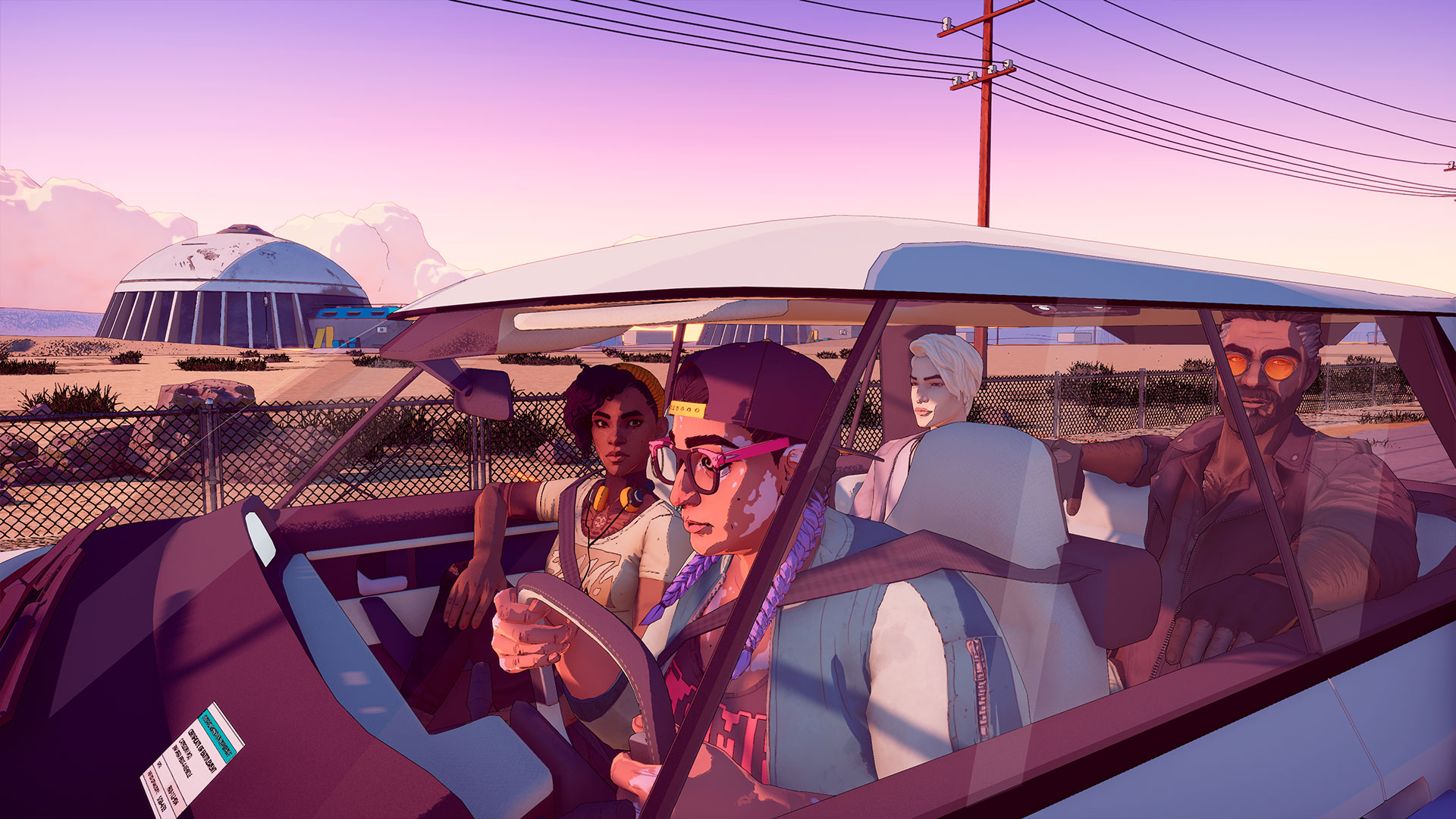
A road stretches out in front of you for miles. You still have a long way to go, but getting to your destination isn't what's important right now. In this moment, you're moving forward, you're making your way, you're on a journey. There's always been something so romantic about the idea of going on a road trip. It allows you to step away from the everyday routine of life to see new places, meet new people, and broaden your horizons. It's a concept seldom explored in games, although it would appear that developers are eager to get us on the road and out exploring the world through 2021 and beyond.
If we look at games like Dustorn, Forever Ago, and Road 96, it's clear that there's a growing trend of titles that want to pull us out of our comfort zones, get us behind the wheel, and begin traveling to destinations unknown. So just what is it that's so compelling about the idea of taking players on road trip adventures? We spoke to the developers behind these upcoming releases to find out.
Finding family
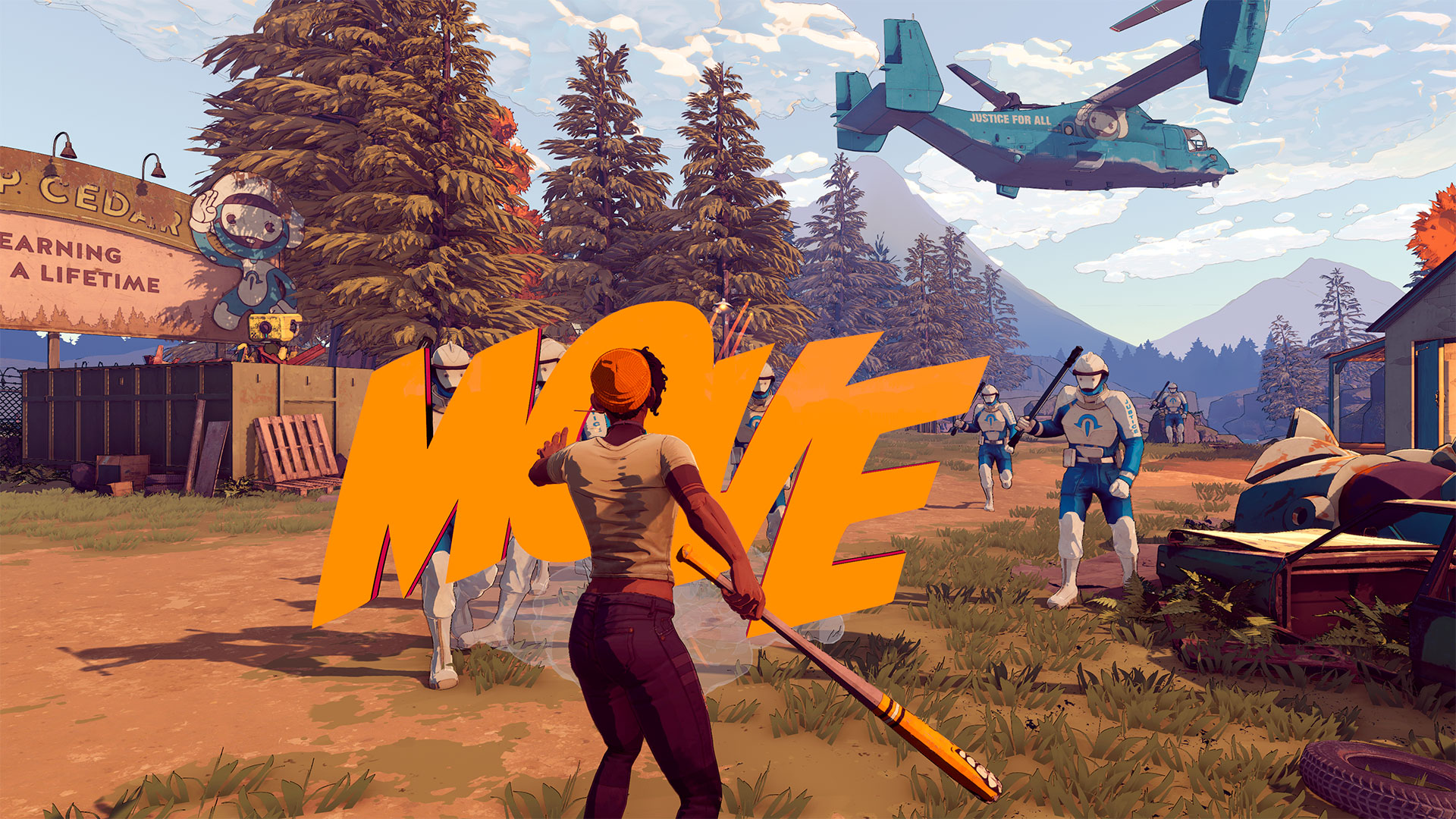
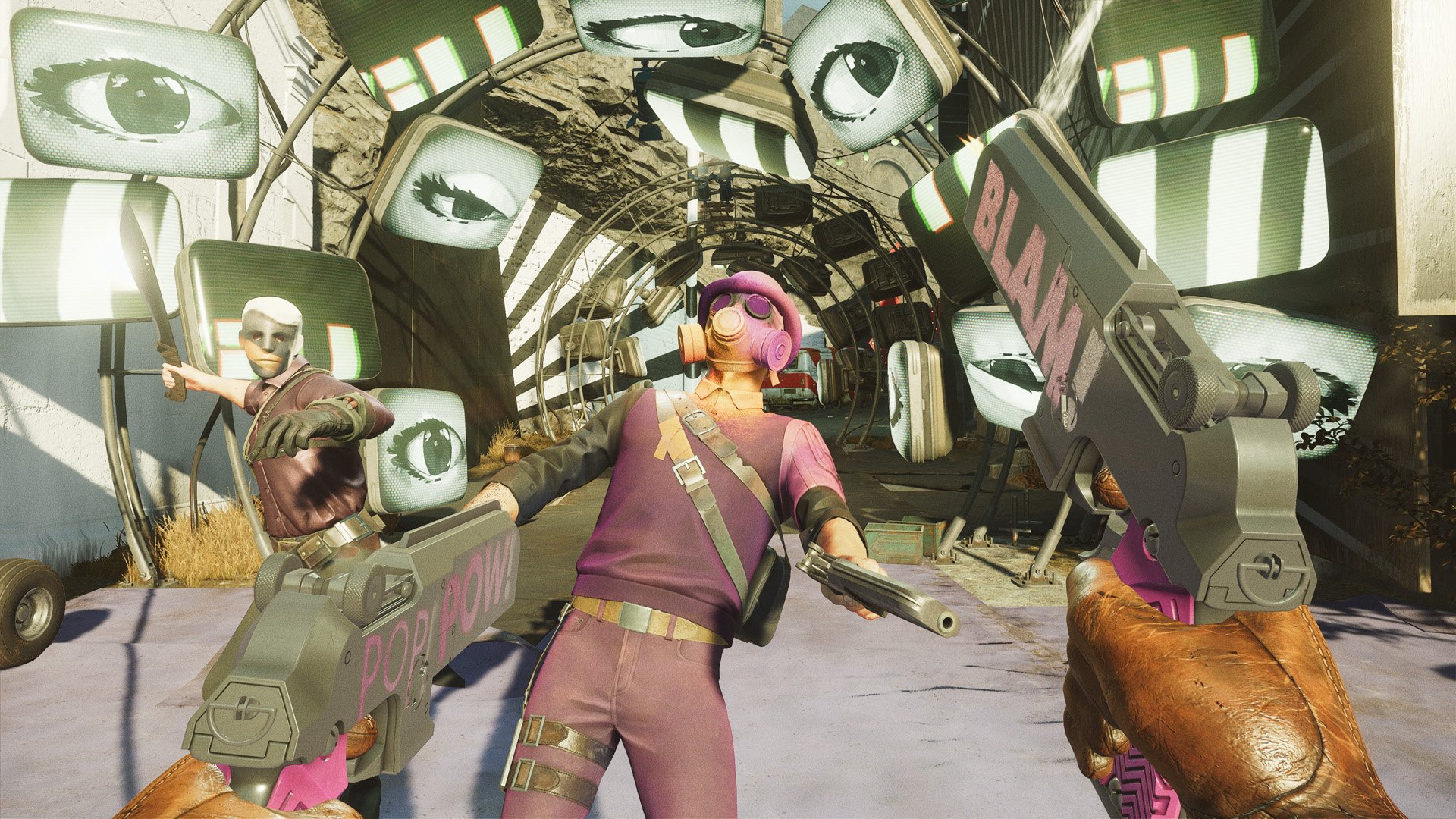
From Deathloop to Returnal, how 2021 became the year of the video game time loop
"Who doesn't love a good road trip?" says Dustborn's narrative director, Ragnar Tørnquist. "Especially this past year, the idea of jumping in a car and just going somewhere – it doesn't even matter where – is incredibly appealing. You have a destination in mind, but how you get there and how long you decide to take, is up to you. That's incredibly liberating! And there's an added romance to the American road trip. There's honestly no better country for it. The wide-open skies and roads, the ever-changing landscape, an endless supply of fast-food restaurants…"
The thought of hitting the open road really is more appealing than ever; it offers a sense of freedom that feels decidedly absent in recent times. In Dustborn, a third-person story-driven "road-tripping" adventure, you play Pax, an ex-con and outcast. Pax, who's four months pregnant, has to set out on the road across a divided America to get a package from California to Nova Scotia. Set in a vibrant, dystopian near-future in the year 2030, Pax is what's known as an "Anomal". That, as Tørnquist puts it, is someone who has "odd powers, shaped by what we call 'Vocals' – language infused with the power of disinformation."
Tørnquist believes that the cross-country road trip is a genre "perfectly suited to games", and points to titles such as Final Fantasy 15 and Kentucky Route Zero as the few examples we've seen in recent years that play around with the idea. Tørnquist also highlights earlier games such as Sam & Max Hit the Road and The Oregon Trail, but when the team initially began developing the concept for Dustborn, they were struck by how few games explore this genre and trope.
"Of course, since we began development on Dustborn, all of a sudden we're seeing many other road trip games in development – and that's honestly fantastic! I can't wait to see how other studios put their own spin on it," Tørnquist says. "As a narrative genre, the road trip is as wide open as the real thing: You're going from one place to the next, on the road you meet new people, see new places, and face new challenges – and your protagonists are shaped and changed by this journey. You could literally make a thousand road trip games, and they'd all be different."
With Pax trying to get away from a troubled past, Dustborn takes you on a journey with two parallel paths – "the geographical and the emotional." Along the way, you'll be joined by other misfits who are all on a journey of self-discovery and have their own motivations. Together, you form a crew, and you'll be presented with the opportunity to get to know your road trip companions. As a group of outcasts, one of the most interesting aspects of Pax's adventure on the road is the way in which it explores the idea of a "found family", and how the vehicle the crew journeys in provides a space to find a sense of belonging.
Sign up to the GamesRadar+ Newsletter
Weekly digests, tales from the communities you love, and more
"Our characters are all separated from their "real" families in one way or another; forcibly or voluntarily. All they have now is each other, and we explore the idea of the found family: that these people get to choose who to spend their time with and what their relationships are going to be like," Tørnquist explains. "Very early in the story, our crew acquires an old bus that serves as their rolling headquarters, and they get to make this space their own – with the player's help, of course: we'll be giving you some tools to customise that space. The bus becomes a visual and geographic representation of the relationships and the idea of the found family: from photos on the wall to seating arrangements."
Moving on
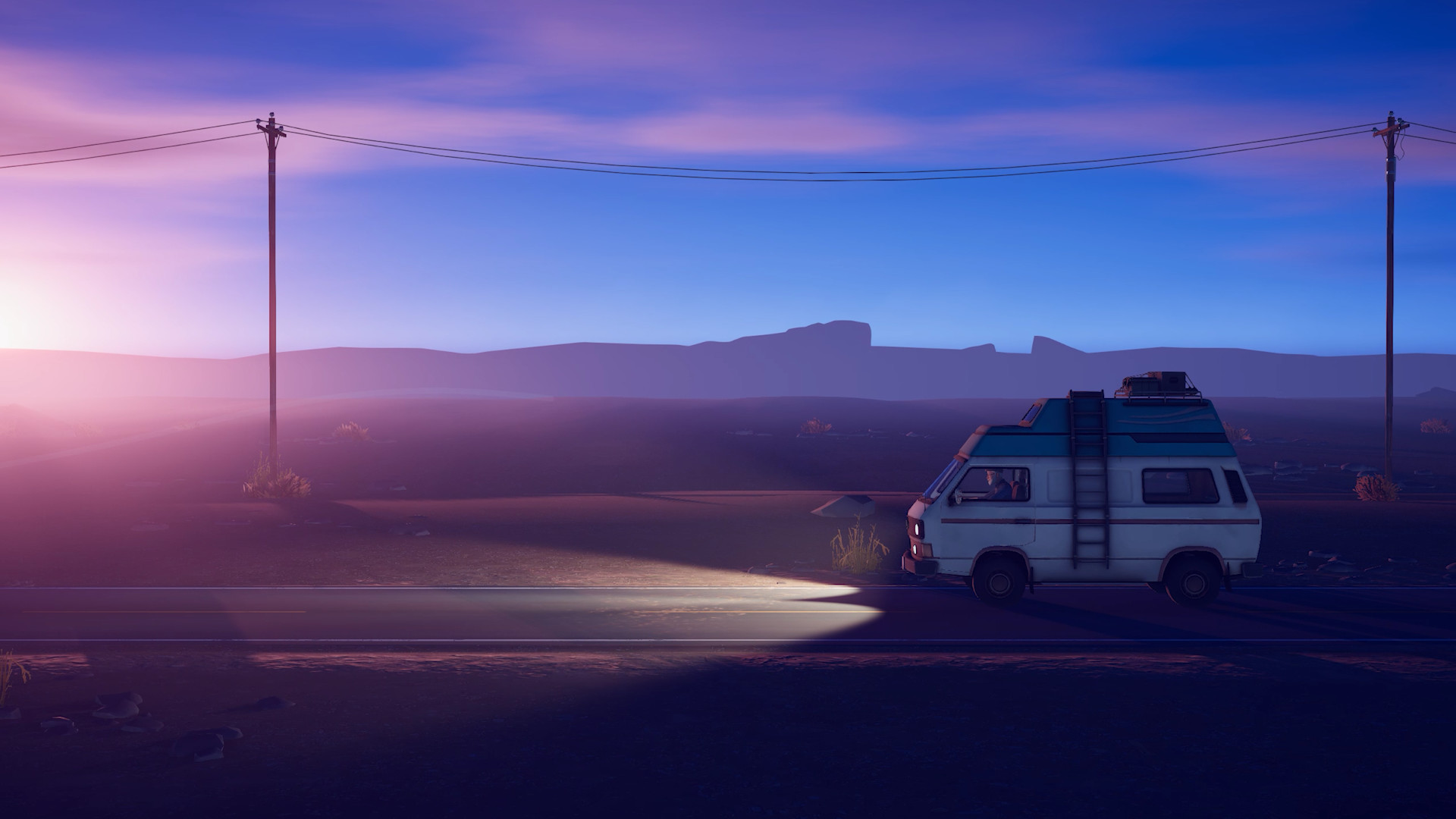
The idea that a character can be shaped as they travel is undeniably appealing. There's a unique multi-layered sense of progression that can be found in a game that takes place on the road – not just in the literal distance the characters put behind them, but in the personal growth they can gain from the experience. The idea of rooting the player in the emotional journey and development of the protagonist as they set out on the road is at the heart of the experience of Forever Ago – the debut title from small indie game studio, Third Shift.
The studio is founded by best friends Fabian Denter and Kai Brueckers, who make up the two-person development team behind the upcoming road trip adventure. Following the story of Alfred, who sets out on a journey north in search of redemption after a tragic incident, Forever Ago will take you to a diverse range of places and introduce you to different people.
"It's not only visually interesting to go from green forests to arid deserts to snow-capped mountains, but all these places are also home to diverse people, with their own views and problems," says Denter. "It's exciting to work out how these characters react to Alfred and vice versa, especially as Alfred himself changes a lot throughout the journey. He also doesn't only encounter other people: At some point, he'll meet a stray dog who will eventually accompany him on the road. This gives us many opportunities to verbalize Alfred's inner thoughts as it turns out people tend to get very talkative around their animal friends!"
As well as seeing character growth in the way Aflred interacts with the people he meets and the places he visits, the journey itself also gives him the space to be introspective. Forever Ago is a linear experience overall, and as Alfred hits the road, there are points where he gets lost in thought as he drives. "There are sections in the game that are explicitly there for Alfred to reflect on what has happened in the past, but also what may be to come. During these scenes, we try to convey the feeling that when, during a long car ride, the actual driving is only subconscious and automatic, and you sink into your thoughts at the same time," says Denter.
Driving to freedom
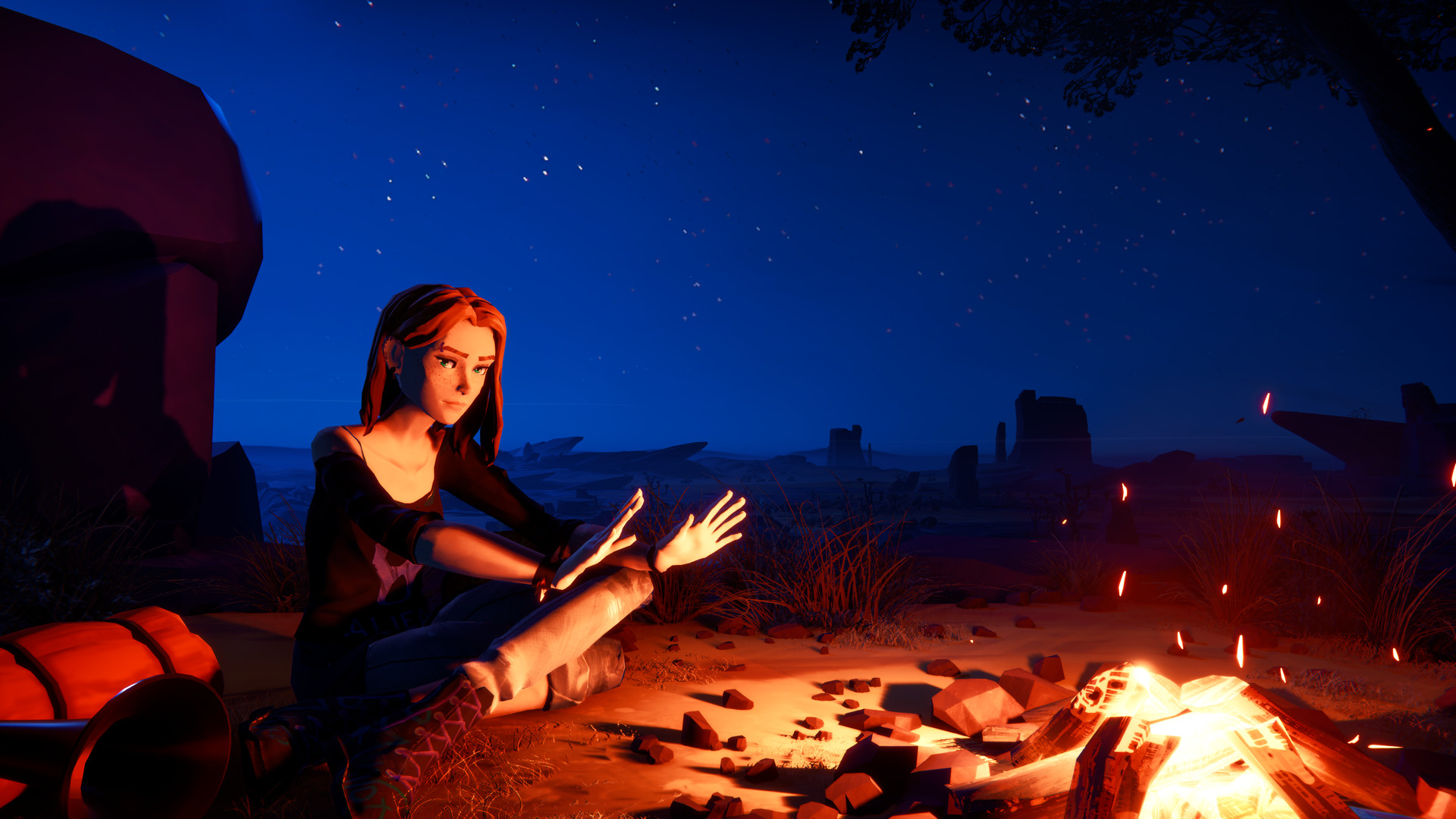
"I think road trip games will be a true genre like it is in cinema. This is an immense playground to explore."
Yoan Fanise, Road 96 creative director
Road 96 from developer Digixart is going in a different direction with a road trip adventure that's procedurally generated. As you set out on the road, you'll never quite know what will happen to you next. Creative director Yoan Fanise, who previously worked on games such as Valiant Hearts and 11-11 Memories Retold, says Road 96 has a "weird mix of Roguelike, Telltale, and Life Is Strange features that make it a unique experience for each player. There are a lot of things people won't see at all and we never know what's gonna happen to you… No one's road will be the same."
The liberating feeling of departing from everyday life and going on a journey to places unknown is part of the appeal of road trips, and that idea is taken a step further in Road 96. Set in the fictional authoritarian nation of Patria in the summer of 1996, you head out on the road and make your way to the border in order to quite literally regain your freedom from an oppressive rule. "We needed to create our own dystopian country to fulfill the need for freedom, a visceral need," Fanise says of the setting. "When your freedom is taken away, then you can feel the immense joy of regaining it."
Playing as a teenager in the ever-evolving adventure, you'll encounter many different characters, uncover stories and secrets, and be presented with many different choices as you try to escape from the regime. As the game does have an element of the roguelike genre thanks to its procedural generation, no one adventure will be the same, and you'll never know how your journey will end. You might regain your freedom, or you might hit a bump in the road. Each decision you make will alter your journey, and could even affect those you meet.
Road 96 looks set to open up the path to many different possibilities, which is partly what drew Digixart to the idea of creating a road trip adventure. "When you embark on a big road trip, your brain acts differently. You're forced to embrace the unknown, forced to let go. That sensation of being totally out of your comfort zone is precisely what makes it [road trips] interesting and emotional. By traveling alone, you hope to know yourself better by those you will meet and how you will react in different situations. This is a golden canvas for us storytellers to imagine crazy situations," says Fanise.
Dustborn, Forever Ago, and Road 96 are just a small selection of upcoming indie games that are set to take us on the road in the future, but the very fact that each one is set to offer a distinctly different experience just goes to show how diverse this concept can be. From exploring character development to the bonds we form on the road, and the freeing nature of traveling away from our everyday lives, there's so much scope for creativity, and it's something Fanise believes will find its way into more games in the future: "I think road trip games will be a true genre like it is in cinema. This is an immense playground to explore."
Road 96 is set to release on PC and Switch summer 2021, Dustborn will be coming soon to PC and next gen consoles, and Forever Ago is also coming soon to PC.

I started out writing for the games section of a student-run website as an undergrad, and continued to write about games in my free time during retail and temp jobs for a number of years. Eventually, I earned an MA in magazine journalism at Cardiff University, and soon after got my first official role in the industry as a content editor for Stuff magazine. After writing about all things tech and games-related, I then did a brief stint as a freelancer before I landed my role as a staff writer here at GamesRadar+. Now I get to write features, previews, and reviews, and when I'm not doing that, you can usually find me lost in any one of the Dragon Age or Mass Effect games, tucking into another delightful indie, or drinking far too much tea for my own good.


